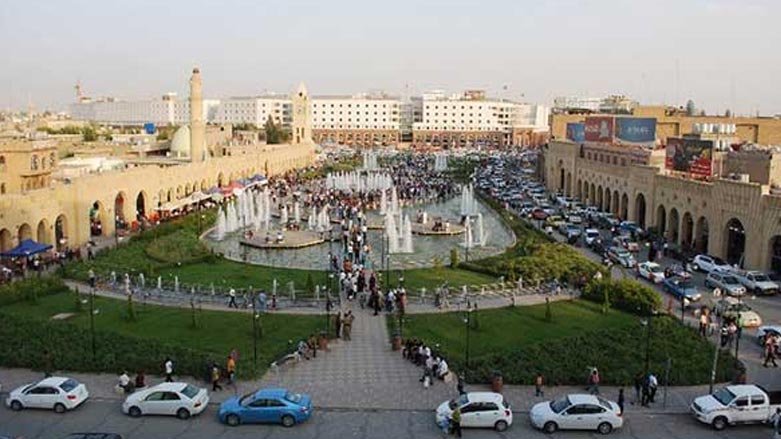Iraq’s Kurdish region progressed despite post-Saddam challenges
This year marks the 20th anniversary of the US-led invasion of Iraq, Operation Iraqi Freedom, which rid the country of Saddam Hussein’s iron-fist rule of over two decades.

ERBIL (Kurdistan 24) – In spite of all the challenges and conflicts following the removal of Saddam Hussein’s regime in 2003 by a US-led coalition, the country’s Kurdish semi-autonomous region developed remarkably well in comparison to the rest of the country.
This year marks the 20th anniversary of the US-led invasion of Iraq, Operation Iraqi Freedom, which rid the country of Saddam Hussein’s iron-fist rule of over two decades.
Compared to the rest of the country, the Kurds in the north were among the hardest hit by the Ba’athist regime’s bloody rule, resulting in thousands of civilian deaths and destruction of thousands of villages in successive genocidal campaigns.
The Region, whose constitutional status was granted in 2005, managed to successfully improve its infrastructure and maintain relatively good security—attracting more foreign investment to the enclave.
Thousands of Turkish companies and major Western companies have invested in the Region’s oil and gas, real estate development, and education sectors.
While the Kurdish Region focused on reconstruction and development projects, the former Iraqi opposition parties engaged in bloody sectarian warfare, devastating the Iraqi society. Those repercussions are still felt in the country today.
Then, terrorism was rampant. Baghdad, the Iraqi capital, was experiencing daily suicide bombings and kidnappings by radical Islamist groups, including Al Qaeda.
Twelve years prior to the removal of Saddam Hussein from power in 2003, the Kurds rose up against the central government after the first Gulf War. Thanks to the No-Fly Zone imposed by the US, France, and UK in the northern Kurdish region, the Kurds established its first democratic institutions in the history of the country. For the first time, Kurds held free and fair elections and formed its own government and parliament.
In the successive years, the Kurdish leadership joined the Iraqi opposition coalition to topple the brutal regime that had also killed tens of thousands of Sunnis, Shiites, and other ethnic and religious communities.
“The regime change in Baghdad has brought a lot of benefits to this region,” Hoshyar Zebari, a senior Kurdistan Democratic Party (KDP) member, recently told AP. The KDP was a major partner in the coalition in opposition to Saddam Hussein.
Zebari represented the KDP in numerous Iraqi opposition congresses held in London and Washington prior to 2003. He later served as the country’s first and longest-serving foreign minister.
The Kurds were able to achieve “some sort of … self-determination for the Kurdish people”, the current Iraqi President Abdul Latif Rasheed, also a Kurd, told AP.
“We achieved that ... We became a strong partner in Baghdad,” he added.